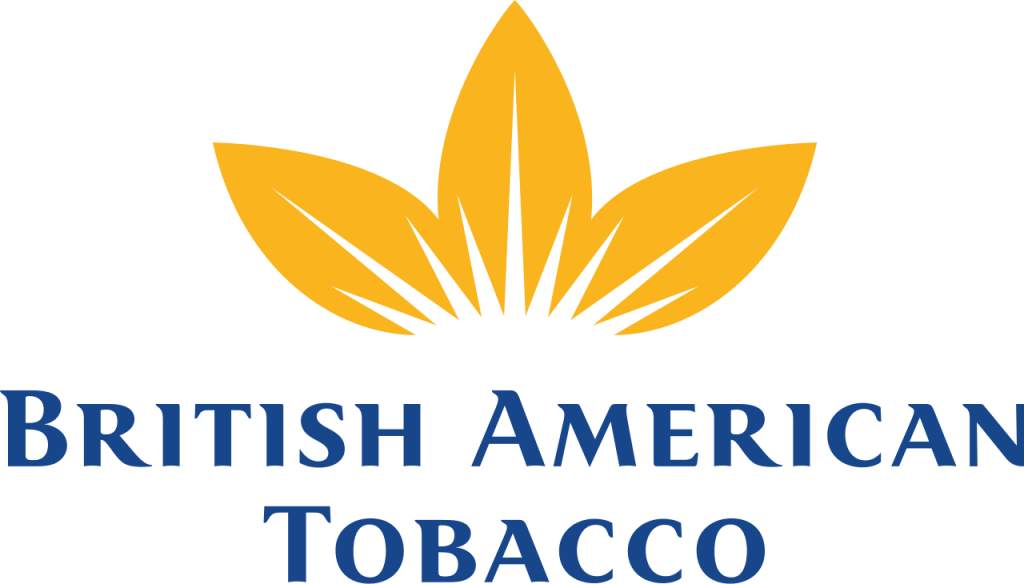
BAT has announced a substantial asset impairment related to its US combustible brands. The company reported its preliminary results for the full year FY23 in early February 2024. While the market reacted positively initially, BTI’s buying momentum has struggled to gain traction.
BAT posted solid results, underscoring its best-in-class “A+” profitability grade. Accordingly, the company posted a reported revenue decline of 1.3% (3.1% growth on constant currency). Notwithstanding the anticipated secular volume decline attributed to its smokeable products, the more pronounced shift toward new categories (reduced-risk products) has helped mitigate the challenges. Management highlighted that BAT posted a 21% revenue growth (constant currency) in its new categories, bolstering the market’s confidence in its transition strategies. Supported by “resilient pricing” in its legacy segments, I gleaned that the market could have been too pessimistic over BTI. Seeking Alpha’s Quant “A+” valuation grade underscores my valuation thesis, suggesting the market hasn’t accorded much confidence over its transformation plans.
BAT management also highlighted that it would partially liquidate its stake in ITC to unlock more liquidity and improve capital allocation. Moreover, BAT has also committed to continuing its robust dividend growth policies, highlighting the importance of assuring income-focused investors. With a forward dividend yield of 9.8%, it is believed that management’s optimistic outlook should help underpin more robust buying sentiments from income investors moving ahead.
Notwithstanding the optimism, BAT’s transition to a smokeless future is mired with significant uncertainties. Health regulators worldwide are still grappling with the addictive effects and associated harm with these supposedly more “palatable” products, even as they potentially offer smokers a less harmful future. As a result, we could see a harsher regulatory climate than the potential menthol flavor ban, helping to protect the youth from being exposed to the still addictive nature of these reduced-risk products at a young age.
The UK government is reportedly working on legislation to “ban disposable vaping devices to safeguard children’s health.” The caution is justified, as the government assessed “a notable increase in their usage among young individuals.” Similar vaping trends is also seen in Singapore affecting the younger population. The health regulators are even more astringent in Singapore where vaping is directly outlawed. Moreover, Singapore “isn’t the only country that has banned vaping.”
Accordingly, “around 37 countries have banned sales or distribution of e-cigarettes and other emerging tobacco products.”
Therefore, it is believed that the evolving regulatory environment is still subject to significant uncertainties. As a result, investors must be cautious about anticipating a significant valuation re-rating in BTI, notwithstanding the relatively solid growth in its new categories recently.
Based on the assessment of BTI’s long-term price action, there is heightened confidence that it has likely struck its long-term lows at the $28.30 level in December 2023.







